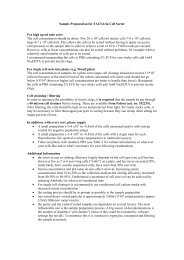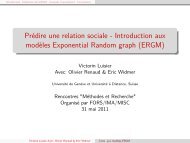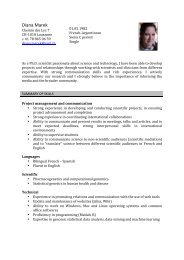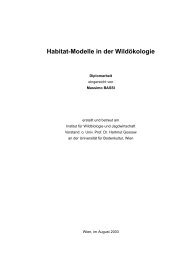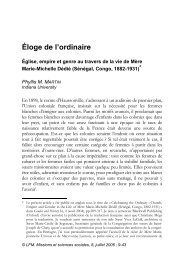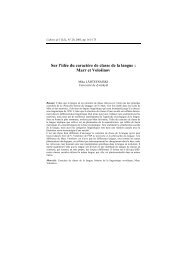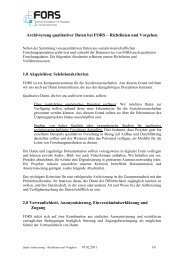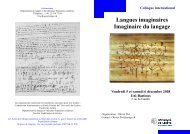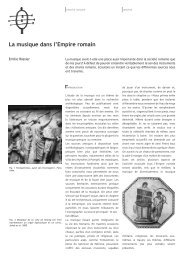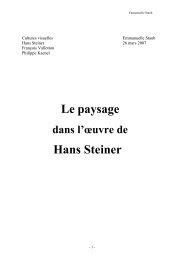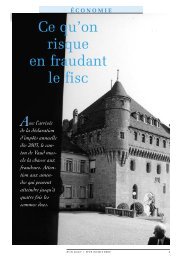conference programme book - European Survey Research ...
conference programme book - European Survey Research ...
conference programme book - European Survey Research ...
Create successful ePaper yourself
Turn your PDF publications into a flip-book with our unique Google optimized e-Paper software.
44 TUESDAY 19 JULYWe consider the area-level model approach to small area esmaon when there are several source of auxiliaryinformaon. A measurement error model can be used to incorporate the informaon from the census orfrom other independent surveys. Propensity score adjustment method can be used to account for the undercoveragein the administrave data. Using a generalized least squares method, the proposed method can beexpressed as a composite esmator. Esmaon of the mean squared error will be discussed. The proposedmethod is discussed1.19.4 The empirical test of fault-tolerant record linkage using encrypted self-generated codesA. Pöge 11 Bielefeld University, GermanyIn panel studies with sensible topics it is oen wishful to link respondents across panel waves using encryptedself-generated codes due to data privacy protecon. These codes are mostly generated by using part of theanswers to a number of quesons concerning personal me-stable aributes. E. g. first or last leers of theanswers (e. g. surnames etc.) are used (see e. g. Grube, Morgan und Kearney 1989, S. 159). Data linkage isthen done using these codes which somemes are encrypted addionally aerwards. With this method thecodes have to meet several requirements such as the following: - respondents have to answer consistentlyat each me point of measurement otherwise the codes of different panel waves are not idencal - recordlinkage has to be fault-tolerant because the last point is oen violated so that one has to deal with inaccuratecodes belonging together (see e. g. Galan, Siliquini, Cuomo et al...1.20 What Do <strong>Survey</strong> <strong>Research</strong>ers Want from Data Archives these Days? IITo be held on July 19, 2011 from: 14:00 to 15:30, in room 319.Coordinated by: Peter Granda - University of Michigan – Inter-university Consorum for Polical and Social<strong>Research</strong> (ICPSR), United States1.20.1 An integrated resource discovery landscape: Many routes in, many final desnaons?J. Kneeshaw 11 UK Data Archive, United KingdomUsers of the UK’s Economic and Social Data Service (ESDS) (www.esds.ac.uk) are interested in a variety ofsurvey resources: study-level informaon; individual survey collecons; survey datasets; fieldwork documents;variables and their derivaons; quesons and their roung; parcular modules/scales/instruments; and so on.These resources oen share metadata and can be linked but, tradionally, they haven’t been: users searchingfor studies/surveys/datasets use one catalogue; users searching for variables use another; users searching fordocuments/modules/quesons use yet another...1.20.2 Purposing your survey: archives as a market regulator, or how can archives connect supply anddemand?A. Katsanidou 2 , L. Horton 11 UK Data Archive, United Kingdom; 2 GESIS - Leibniz Instute for the Social Sciences, GermanyWhat do researchers need from archives? This queson covers two different types of researchers that encounterarchives. There are creators of data and then the re-users of data. These two groups have differentneeds but the archive is asked to mediate as a middle point or the connecng ligament between these twoaudiences. An effecve role for an archive is to support data creators in producing high quality data, metadataand documentaon collecon to facilitate the wide communies of data reuse and to achieve mulpurposereuse and value for public investment in research. This paper will discuss the opmizaon of such a trainingprocedure for primary data creators and the benefits they can extract from such training.



